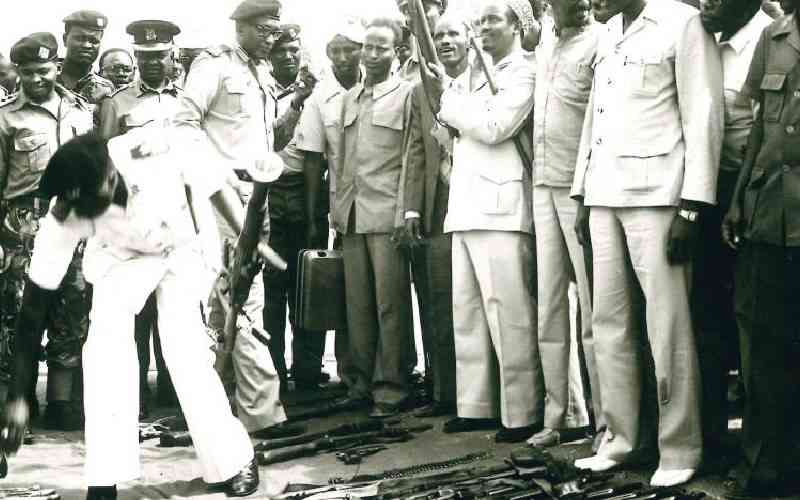×
The Standard e-Paper
Join Thousands Daily

This week, the Commonwealth Heads of Government Meeting gets underway in Kigali, Rwanda.
The agenda includes high-level business and political forums meant to spur growth to benefit 2.6 billion people from 54 nations across six continents.